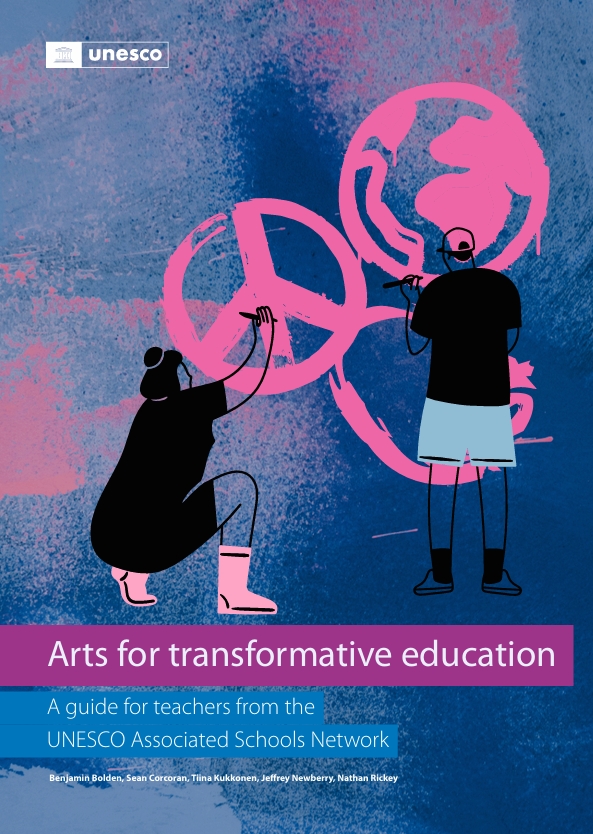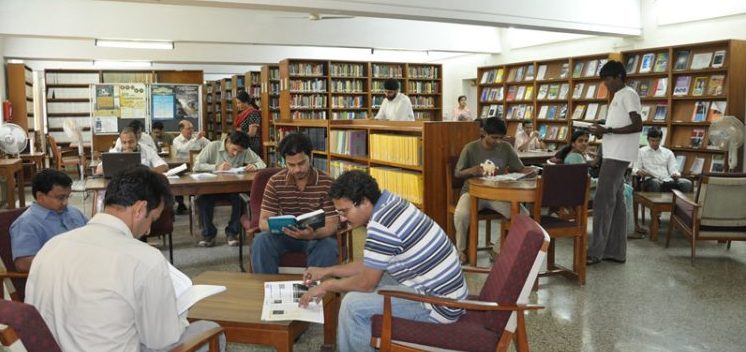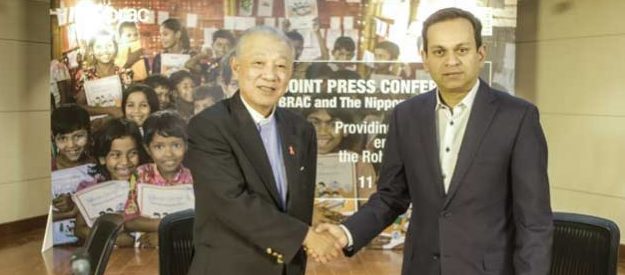By Sophie Edwards | 31 January 2018
LONDON — Education ministers from the world’s poorest countries will find out just how much money international leaders are willing to put on the table to address the “learning crisis” as delegates gather in Senegal for the Global Partnership for Education’s replenishment conference.
The event marks the third replenishment round for the GPE, the only global multilateral funding platform dedicated to education. It is asking for $3.1 billion to fund its activities up to 2020. The money goes to support developing country governments to develop and execute robust education policies.
The three-day event, which kicked off in Dakar, Senegal, on Wednesday, is set to attract ministers from close to 60 countries, as well as high-level development figures including Jim Kim, president of the World Bank, which hosts the GPE; heads of United Nations agencies; and NGO leaders.
The former first lady of the United States, Michelle Obama, along with singer Rihanna, who became the GPE’s first global ambassador in 2016, were rumoured to be attending, though this is yet to be confirmed.
The packed agenda includes site visits to schools, as well as a range of sessions around education issues such as financing, emergency settings, equity and inclusion, and advocacy. But the main event takes place on Friday, when country leaders and ministers will announce their funding pledges.
Hopes are high that donor countries will give generously, especially France which is co-hosting the conference, and the United Kingdom, which has historically been the GPE’s biggest funder. Advocates say they hope the Dakar conference will be a “turning point” for global education financing.
But the spotlight will also be on developing countries who are expected to use the platform to announce plans for bringing their own education spending closer to 20 percent of national budgets — a GPE funding requirement.
The replenishment comes as the World Bank describes a “learning crisis” around the world, with an estimated 260 million children and young people currently out of school, and a further 330 million in school but learning little, according to the World Development Report. Africa’s youth population bulge and concerns around how technological advances will affect skills and jobs are also increasing pressure on the sector.
The U.N. has identified a $39 billion spending gap in what is needed to reach the Sustainable Development Goals’ education targets, yet education’s share of total official development assistance has dropped from 13 percent to 10 percent since 2002.
Positive signs
The signs are positive, civil society groups told Devex, boosted by Canada’s announcement last week at the World Economic Forum meetings in Davos that it will double its annual contribution to $145 million for the period 2018-2020. Prime Minister Justin Trudeau said the GPE pledge would “empower young women and girls with education, which is a pathway to success.”
In December, the European Union also committed an additional 100 million euros ($118.4 million), bringing its total contribution for 2018-2020 to 287.5 million euros ($340.4 million).
The U.K.’s Secretary of State for International Development, Penny Mordaunt, is billed to attend the event, and will use it as an opportunity to outline the Department for International Development’s education funding priorities going forward, DFID officials told Devex.
Advocates — including the International Development Committee, the U.K. parliamentary committee that oversees DFID’s work — have been calling on the department to provide the full requested amount of $500 million to the GPE.
Aaron Oxley, executive director of the advocacy group RESULTS, said he was encouraged by recent public statements from both DFID and the Foreign & Commonwealth office, which have put education “at the heart of U.K. development and foreign policy.” He described the GPE conference as a “stunning opportunity to turn those words into concrete action and support.”
In a recent op-ed, Mordaunt made clear that DFID would only support governments of developing countries who also “take responsibility for investing in health care or education,” potentially making the GPE, which requires an increased commitment of domestic resources as a condition for financing, an attractive multilateral vehicle for DFID spending.
Since 2003, the GPE has provided grants totalling $4.7 billion to 65 countries with a focus on the poorest and most vulnerable. The secretariat says the hoped-for $3.1 billion from donor governments between 2018 and 2020 will improve education opportunities for 870 million children. Oxley estimates a $500 million pledge from the U.K. will help 1.6 million children finish primary school.
Gayle Smith, former head of the U.S. Agency for International Development and now head of the ONE Campaign, said “the price of failure to deliver in Dakar would be very expensive,” citing new research from ONE that suggests a lack of education results in 2,800 avoidable deaths in the poorest countries each day.
“World leaders should consider that if they do the right thing, we will all gain from it. Investment in education brings dividends in health and prosperity, as well as security,” she said in a press release.
The GPE’s leadership, which includes former Australian Prime Minister Julia Gillard and Alice Albright, former head of the U.S. Export-Import Bank, have been campaigning hard for the GPE replenishment along with a number of civil society groups, as Devex reported.
Developing countries play the biggest role
While it can be tempting to focus on pledges made by donor countries, Oxley said it was important not to lose sight of the developing countries whose pledges “historically always dwarf what international donors give,” and continue to put pressure on them to up their education allocations.
Anne-Birgitte Albrectsen, CEO of Plan International, said that especially on the issue of girls’ access to education, “the biggest escalation in spending must come from national governments.”
Education advocates have been calling on African leaders to allocate 20 percent of their overall budgets to education in order to harness the demographic dividend of a growing youth population.
“African leaders are acutely aware of the opportunities to be gained by addressing the challenges ahead. Dakar should be a turning point for access to quality education, not a missed opportunity,” ONE Campaign’s Smith added.
A GPE press officer told Devex they are expecting “an excellent result in terms of commitments from developing country partners.”
The devil is in the detail
While the pledges will likely come thick and fast on Friday, education advocates will be looking beyond the headline figures and at the details including conditions and the lifespan of the funding.
At the last GPE replenishment, DFID applied a cap to ensure the U.K. only gave up to 15 percent of the total pledged by other donor governments. In practice, this meant that 90 million British pounds ($127,5 million) of DFID’s original 300 million British pounds ($425 million) offer was not allocated, after the GPE failed to secure sufficient funding from other governments. The U.K. has also in the past applied conditions around specific reforms being carried out by the GPE.
It will therefore be significant to see whether donors apply conditions to their pledges this time round, Oxley said, adding that while the U.K.’s reform conditions — but not the cap — have generally proved a “positive force in helping GPE improve,” conditionality from donors in general sets a “terrible precedent.”
“Imposing conditionality on multilaterals is, in my view, not the right way to be moving them to improve,” he said, adding that, “if every country did that then the [GPE] would be paralyzed and unable to do its work.”






